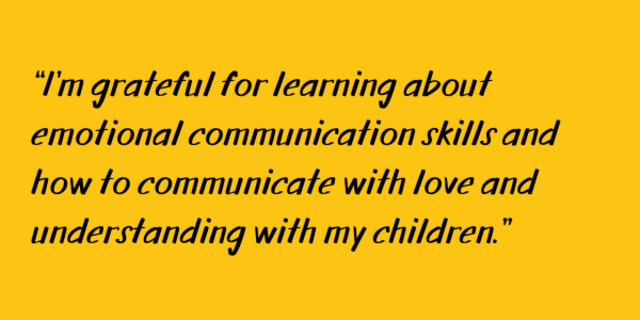At the International Rescue Committee (IRC) in Utah, health is more than a service — it’s a foundation for belonging. Even as federal policy continues to pause the majority of new refugee arrivals, newcomers already living in Utah face the challenge of achieving self-sufficiency while navigating new and often complex systems. As newcomers strive to rebuild their lives, the IRC’s Health Program bridges the gap for refugee and new American families.
Language barriers, cultural differences, and unfamiliar medical practices can make even routine checkups overwhelming. That’s where IRC’s Health Program steps in. The team works hard to understand and support individual needs, connecting families and individuals with doctors, clinics, and specialists while ensuring they understand their rights and responsibilities as patients. From accompanying someone to an appointment or helping with interpretation, to teaching families how to refill prescriptions, the IRC’s Health Team make sure no one feels left behind.
For many, this support goes beyond healthcare — it’s about building trust. Many clients come from places where medical care was inconsistent, unaffordable, or out of reach. By walking with them through their first appointments and follow-ups, IRC staff and volunteers help families gain confidence in advocating for their own health. Over time, this strengthens not only individuals but also the broader community by fostering meaningful relationships between New Americans and local providers.
Over the summer, the Health Team led the Attachment Vitamins Workshop series focused on strengthening parent–child relationships and promoting emotional support for children. The initiative—supported by generous contributions from Clyde Companies and the Marriner Eccles Foundation—provides valuable learning opportunities while creating important community connections for families navigating their new home in Utah.
Community Health Workers at the IRC ensured the Attachment Vitamins initiative reached those who would benefit most. These integral staff come from the communities they serve and were empowered to deliver curriculum through a culturally accessible lens.
Kaitlin Campbell, health programs supervisor at the IRC, reflected, “Their role as trusted cultural navigators helped bridge gaps in understanding, build rapport, and ensure participants felt respected and heard. This shift in approach significantly strengthened participant engagement and trust.”
Maha, a Community Health Worker on the project, regularly gathered feedback from participants, reporting that clients were happy to attend these sessions and learned valuable insights about family relationships, children’s developmental stages, and how to support their emotional growth. Participants also appreciated the opportunity to bring their families together, as well as the food and the warm attention they received from IRC staff.
The results are deeply personal — stories of growth shared by participants offer a glimpse into the benefits from the series. One attendee reflected on the experience:

“I’m grateful for learning about emotional communication skills and how to communicate with love and understanding with my children.”
Through the Health Program, the IRC in Utah continues to identify and launch initiatives in response to emerging needs: from navigating food security resources for families impacted by changes to SNAP, to ensuring families understand options for health insurance access and mental health resources. The Health Program reflects the best of Salt Lake City: volunteers, healthcare professionals, and community partners working together to ensure that New Americans feel supported, welcomed, and included.
Throughout November, IRC Health staff will host workshops to help newcomers navigate these transitions and connect with vital community supports. The Health Team remains dedicated to ensuring equitable access to care and promoting the overall well-being of every individual and family we serve.
Your support ensures that vital services continue to support those who need them most in our community. Consider starting a monthly donation to support the IRC in Utah’s local efforts, including vital health program initiatives. Give today at Rescue.org/GiveSLC »